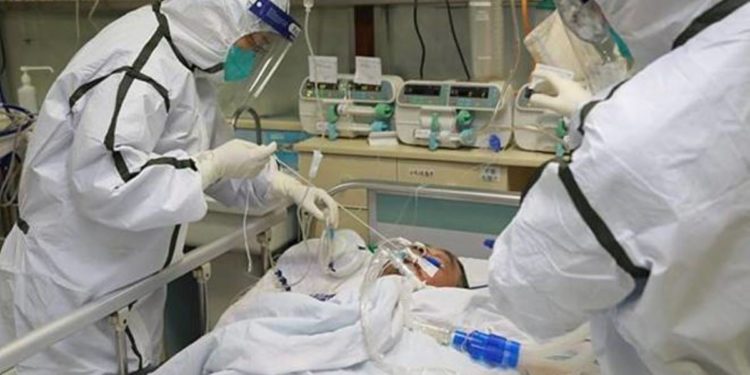- Delhi is at 1.7 times greater risk of respiratory diseases.
- The quality of Delhi air was satisfying only for four days.
- Stubble burning to account for 42 per cent of its pollution.
THDNewsDesk, New Delhi: Air pollution may progress to an escalation of COVID-19 infections as it induces coughing and sneezing. On Friday, Government Officials announced a parliamentary council, according to sources.
Top executives of the Union Environment and Health Ministries and the Governments of Delhi, Haryana and Punjab dismissed before the
Parliamentary Standing Committee on Urban Development to discover a “permanent solution” to air pollution in the national capital and neighbouring districts.
Besides, Officials of the Central Pollution Control Board and other departments also arraigned before the panel on the current situation of air pollution in the National Capital and its bordering regions.
The conference planned was to consider upon “steps taken for prevention of air pollution special emphasis on finding a permanent solution to air pollution in Delhi and NCR.”
In a presentation before the committee, officials from the Central Government manifested caution over the peril of COVID-19 increasing quicker due to air pollution.
The health ministry stated in the presentation to the board, “Higher air pollution may increase episodes of coughing and sneezing spreading COVID-19 faster. More particle surface for the virus to stick to and get transported over a greater distance and may potentially survive longer.”
Quoting a Lancet research, the Health Ministry stated, “There is an average loss of 1.7 years of life expectancy in India due to air pollution.”
Furthermore, it stated Delhi, is at 1.7 times greater risk of respiratory diseases and prevalence of breathing predicaments and 10,000 to 30,000 air pollution fatalities are recorded, yearly.
The Environment Ministry, in its presentation, gave the specificities of the situation of air quality of Delhi through four years between 2016 and 2019.
According to the presentation, the quality of Delhi air was satisfying only for four days throughout this time and was very bad for 319 days. Moreover, the air quality in Delhi was critical for 78 days.
On Thursday, Delhi’s air quality declined to its most damaging level since December 2019. Stubble burning to account for 42 per cent of its pollution, the peak this season so far, as per the data from central government agencies.
Authorities stated hostile meteorological conditions like calm winds, low temperatures and smoke from farm fires in adjoining regions led to a thick coat of haze on Wednesday night as the air quality index was registered, under the ‘severe’ category.
On Thursday, the haze reduced with faster wind speed serving in the diffusion of pollutants. Nonetheless, the 24-hours medial air quality index (AQI) was noted, at 450. The most elevated since December 30 last year, when it was 446.
All the 36 monitoring locations in Delhi read air quality in the ‘severe’ category. The bordering districts of Faridabad, Ghaziabad, Greater Noida, Gurgaon and Noida also registered ‘severe’ air pollution.































